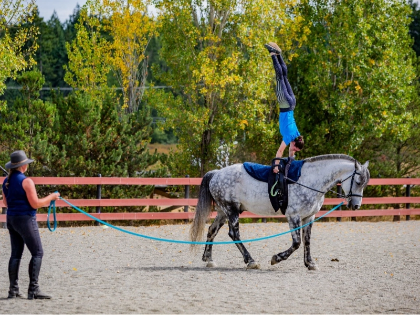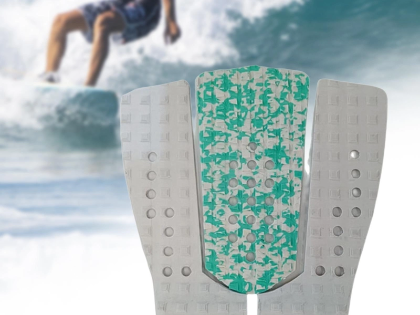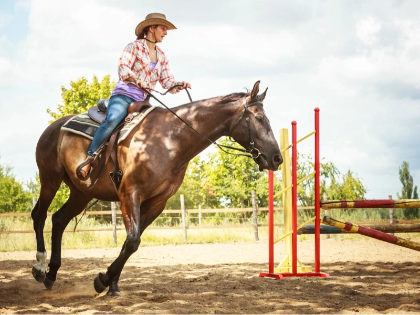Dive Equipment Sanitization: Keeping Your Gear Clean And Safe
Promoting longevity and slowing down degradation depend on cleanliness of equipment. Frequent cleaning helps eliminate bacteria and fungus that could harm and weaken materials as well as smells. Among several things, regulator mouthpieces, snorkels and BCD oral inflators need for extra attention. These can be cleaned with CDC/EPA approved, scuba safe, sanitizer like Steramine.
Washing Between Dives
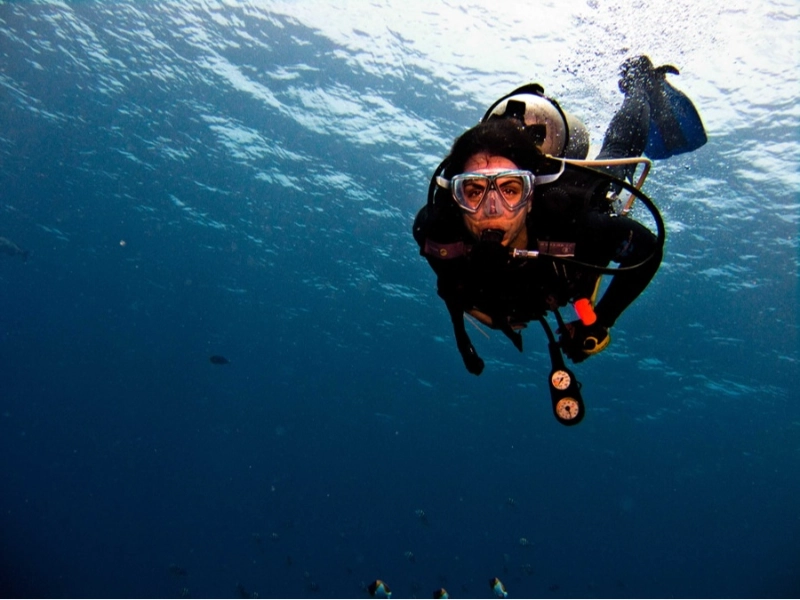
Rinse Tanks
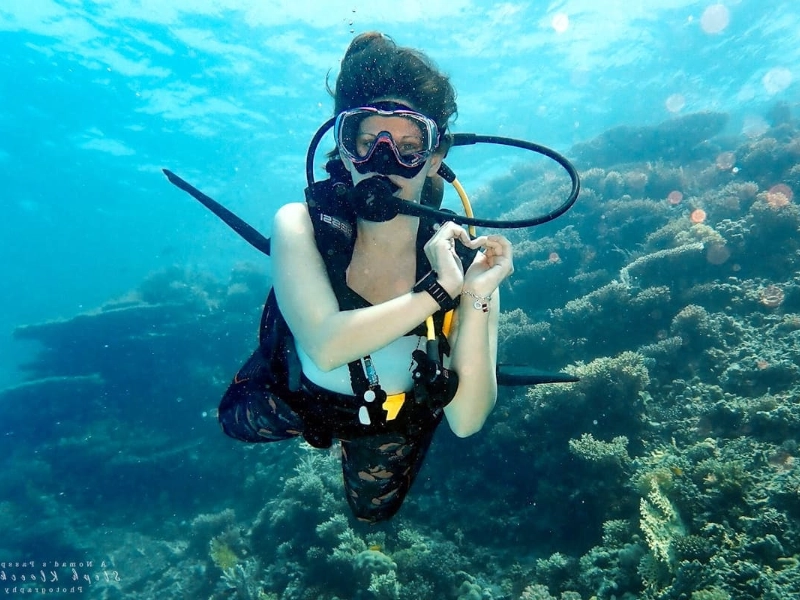 Apart from maintaining a wetsuit and other porous gear clean, equipment coming into touch with mucus membranes, including a regulator second stage, mask, snorkel and BCD oral inflator, should be completely cleaned with soapy water and rinsed well. Although the use of a disinfectant like dettol is not advised as it might harm some equipment and provide a bad smell or taste, several different rinsing tubs are accessible that can aid with this process.
Additionally crucial is fresh water rinsing equipment; several hangers and rack systems are available to enable this. Many dive shops feature communal rinse tubs, and if you intend to use these, be advised that these are not the greatest approach to sterilise equipment. Few items particularly acceptable for diving gear came up after a thorough search of the EPA's list N for COVID-19-certified disinfectants, Strauss said. She did, however, mention some items on the list permitted for use on such kinds of gear would be suitable.
Apart from maintaining a wetsuit and other porous gear clean, equipment coming into touch with mucus membranes, including a regulator second stage, mask, snorkel and BCD oral inflator, should be completely cleaned with soapy water and rinsed well. Although the use of a disinfectant like dettol is not advised as it might harm some equipment and provide a bad smell or taste, several different rinsing tubs are accessible that can aid with this process.
Additionally crucial is fresh water rinsing equipment; several hangers and rack systems are available to enable this. Many dive shops feature communal rinse tubs, and if you intend to use these, be advised that these are not the greatest approach to sterilise equipment. Few items particularly acceptable for diving gear came up after a thorough search of the EPA's list N for COVID-19-certified disinfectants, Strauss said. She did, however, mention some items on the list permitted for use on such kinds of gear would be suitable.
Post-Cleaning Inspection
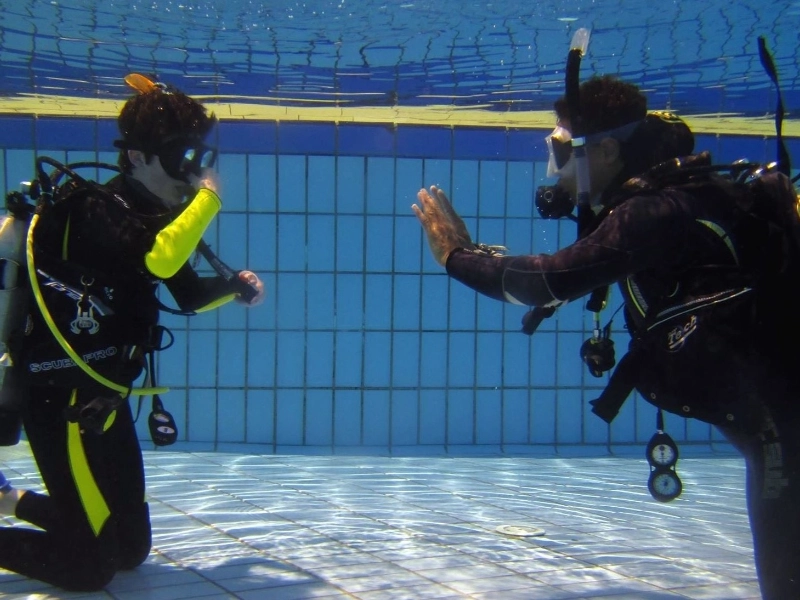 Make sure equipment is completely inspected before you store it. Particularly pay close attention to tools where water can gather or pieces with perhaps particular sensitivity. One notable example is regulators; there are multiple sites where salt can accumulate and proper performance depends on cleaning them properly using the attached protective caps. Other places of concern include metal contacts on dive computers that may corrode or the BCD internal bladder where humidity, germs, and warmth are a perfect mix for fungus to flourish.
Selecting the right cleaning agents is also crucial; some producers may have particular advice in this regard. For example, SeptiOne is readily available at many diving stores and certain manufacturers have mentioned as a good sanitizer against COVID-19. Other disinfectants used in leisure diving can either harm equipment or be useless against the infection. Investigating the safe goods suggested by CDC and your equipment manufacturer is well worth it.
Make sure equipment is completely inspected before you store it. Particularly pay close attention to tools where water can gather or pieces with perhaps particular sensitivity. One notable example is regulators; there are multiple sites where salt can accumulate and proper performance depends on cleaning them properly using the attached protective caps. Other places of concern include metal contacts on dive computers that may corrode or the BCD internal bladder where humidity, germs, and warmth are a perfect mix for fungus to flourish.
Selecting the right cleaning agents is also crucial; some producers may have particular advice in this regard. For example, SeptiOne is readily available at many diving stores and certain manufacturers have mentioned as a good sanitizer against COVID-19. Other disinfectants used in leisure diving can either harm equipment or be useless against the infection. Investigating the safe goods suggested by CDC and your equipment manufacturer is well worth it.
Regular Inspection
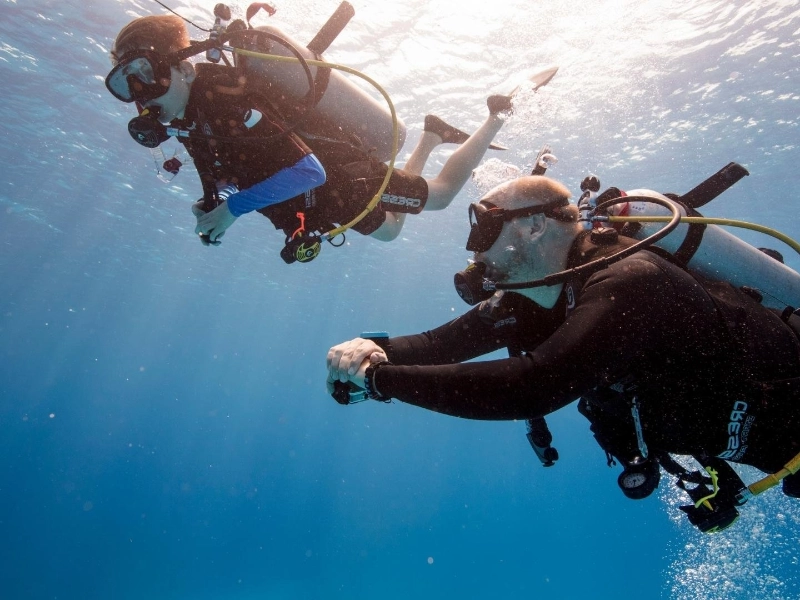 Apart from maintaining cleanliness of equipment, regular inspections enable businesses to identify possible safety risks and defects more effectively. Companies can fix small problems before they become major ones requiring expensive repairs or perhaps lawsuits, therefore helping to save money.
Additionally greatly extending the lifetime and functionality of challenge course equipment like pulleys and carabiners is proper lubrication. Use lubricants developed especially for this to lower friction and guard against corrosion and rust.
At last, secure and functional gear depends on appropriate storage. Keep tools in places shaded from direct sunshine; steer clear of extremes in temperature since these could affect fabrics like polyester and nylon. The greatest approach to guarantee the condition of your equipment is to undertake exhaustive and methodical inspections; hence, be sure to search both top-down and bottom-up, around and inside. Should you identify a possible issue, be sure to include it in your inspection report to avoid forgetting.
Apart from maintaining cleanliness of equipment, regular inspections enable businesses to identify possible safety risks and defects more effectively. Companies can fix small problems before they become major ones requiring expensive repairs or perhaps lawsuits, therefore helping to save money.
Additionally greatly extending the lifetime and functionality of challenge course equipment like pulleys and carabiners is proper lubrication. Use lubricants developed especially for this to lower friction and guard against corrosion and rust.
At last, secure and functional gear depends on appropriate storage. Keep tools in places shaded from direct sunshine; steer clear of extremes in temperature since these could affect fabrics like polyester and nylon. The greatest approach to guarantee the condition of your equipment is to undertake exhaustive and methodical inspections; hence, be sure to search both top-down and bottom-up, around and inside. Should you identify a possible issue, be sure to include it in your inspection report to avoid forgetting.

